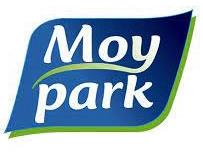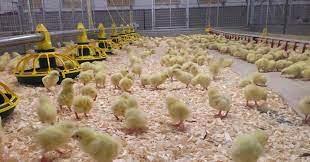 The Moy Park Subsidiary of Pilgrim’s Pride, Inc. has unveiled a prototype farm with resource-saving innovations. Located in Lincolnshire, the Beech farm is designed to reduce greenhouse gas emissions and to operate “off grid”. Innovations include ground-source heat pumps, heat exchangers, and solar installations capable of generating 1Mw with lithium-battery storage.
The Moy Park Subsidiary of Pilgrim’s Pride, Inc. has unveiled a prototype farm with resource-saving innovations. Located in Lincolnshire, the Beech farm is designed to reduce greenhouse gas emissions and to operate “off grid”. Innovations include ground-source heat pumps, heat exchangers, and solar installations capable of generating 1Mw with lithium-battery storage.

A spokesperson for the company stated, “Beech farm is a first for the poultry sector through well thought-out innovations we have created, an incredible 100 percent reduction in energy-related greenhouse gas emissions representing a saving of 900 tons of CO2, annually.”
The Company press release did not indicate the cost of innovative technology neither did it provide details as to how contract growers could recoup their potential investments. It is presumed that U.K. government incentives were offered to the developer of Beech Farm that may not be available for additional new farms or for conversion of existing units.
If chicken or eggs produced in accordance with higher standards of sustainability has a higher shelf price, the question arises as to the size of the market willing to pay for the attribute of sustainability. Given the intermediate fiscal problems facing the U.K. government and the declining standard of living, consumers will be more inclined to consider price as the primary determinant in the purchase consideration.
 Given the high level of publicity afforded global warming, retail chains will continue to impose progressively more stringent limits on greenhouse gas emissions and to demand ever increasing intensity of sustainability. Will retailers expect producers to burnish the environmental image of their chains without compensation to provide a fair return on “green investment”? Increased levels of sustainability that may benefit the environment are supported but only if the burden is born equitably by producers, retailers and consumers.
Given the high level of publicity afforded global warming, retail chains will continue to impose progressively more stringent limits on greenhouse gas emissions and to demand ever increasing intensity of sustainability. Will retailers expect producers to burnish the environmental image of their chains without compensation to provide a fair return on “green investment”? Increased levels of sustainability that may benefit the environment are supported but only if the burden is born equitably by producers, retailers and consumers.